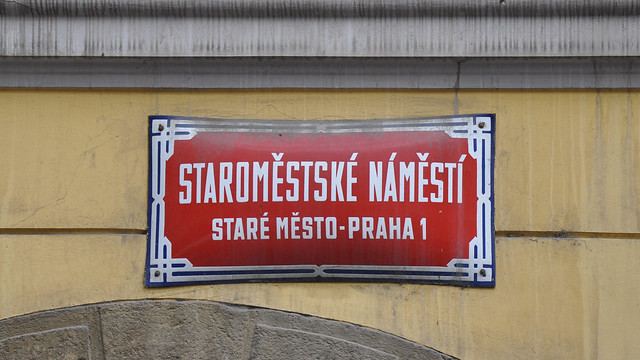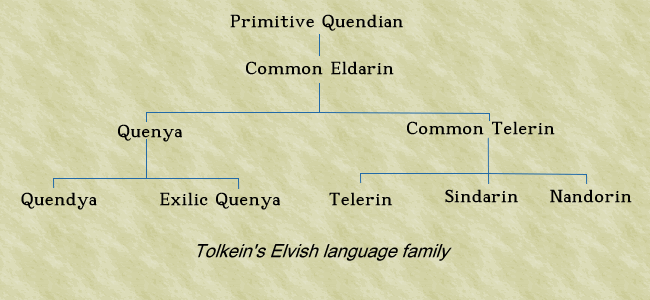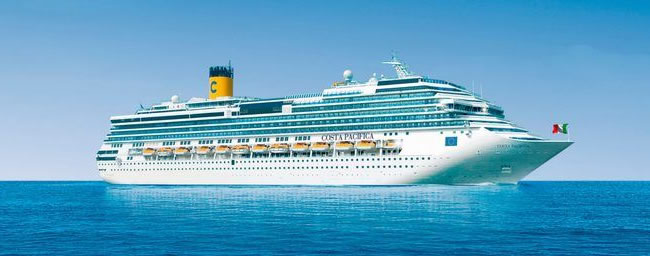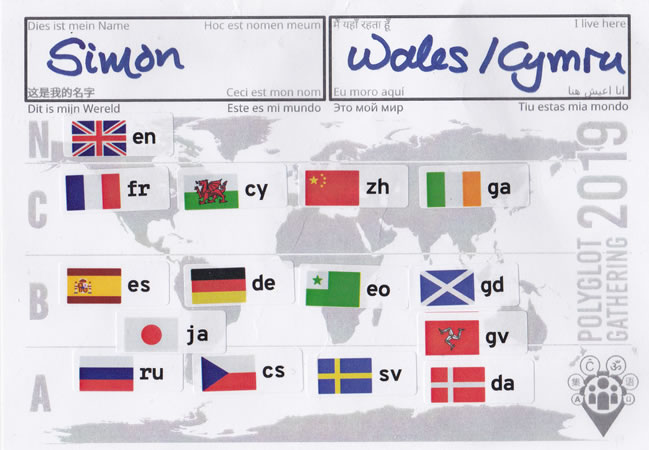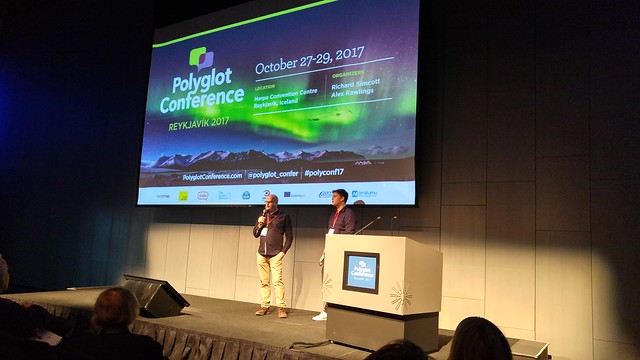Podcast: Play in new window | Download
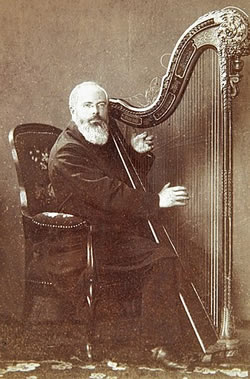
In this episode I talk about Volapük, an international auxilliary language created in the late 19th century by Johann Martin Schleyer, a German priest. I look at the history of the language and its structure and vocabulary, and also talk a bit about Schleyer himself.
Volapük was the first international auxillary language, or indeed constructed language, to attract a significant number of adherents. At its peak there were an estimated 283 clubs, 25 periodicals in or about Volapük, and 316 textbooks in 25 languages.
Not long after that, however, the Volapük movement began collapse and by the early 20th century few people were interested in Volapük. Many former Volapükists switched their attentions to Esperanto, which was published in 1887. Or tried to improve the language, and create new versions, none of which had much success.
The photo above is of Johann Martin Schleyer and comes from: Wikipedia
Information about Volapük
https://www.omniglot.com/writing/volapuk.htm
http://volapük.com
https://en.wikipedia.org/wiki/Volapük
https://wikisource.org/wiki/Gramat_Volapüka/Lafab_Volapükik
Examples of spoken Volapük
Tunes features in this episode
Hedge Cats / Cathod y Gwyrch (played on the guitar)
See the score for this piece
If you would like to support this podcast, you can make a donation, or contribute to Omniglot in other ways.
